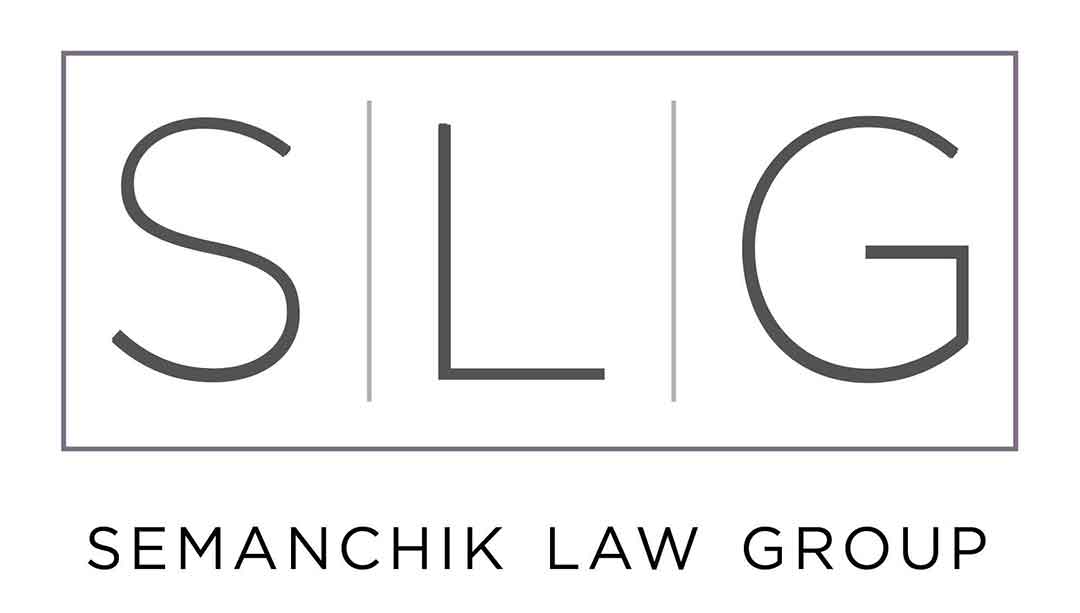Does Your Nonprofit Need a Conflict of Interest Policy?
As a leader of a nonprofit, you have a responsibility to ensure that everything you do is morally sound and legally compliant. As part of your efforts to achieve this goal, you may be wondering if your organization needs to have a conflict of interest policy.
The short and simple answer to this question is yes. Regardless of the size of the organization, all nonprofits should have a conflict of interest policy.
Generally speaking, that policy should apply to all board members, employees, volunteers, and anyone else who has a relationship with the charity. It should also cover any conflicts of interest that may arise between the organization and its donors, vendors, or partners.
Why is a Conflict of Interest Policy Necessary?
Nonprofits should have conflict of interest policies in place because they rely on public trust and confidence to achieve their goals. The absence of such a policy may cause the public to believe the charity is untrustworthy. As a result, they could decide to donate their money elsewhere and might choose to avoid participating in the organization’s events.
In addition to reputational harm, the lack of a written conflict of interest policy could get a charity into trouble with state or federal regulators. Many governmental documents, including IRS Form 990 and IRS Form 1023, ask nonprofits to provide details about their conflicts of interest and the steps they are taking to monitor and control them. If a charity does not have a conflict of interest policy in place, it could potentially lose its tax-exempt status.
What Should be Included in a Conflict of Interest Policy?
If your organization does not currently have a valid conflict of interest policy, you’d be wise to sit down with a knowledgeable California charity lawyer and put one together as soon as possible.
As a general rule, your policy should include the following components:
- The Definition of a Conflict of Interest: The policy should state how your organization defines a conflict of interest. You may also wish to include some examples.
- Disclosure Requirements: Your policy should outline the requirements for disclosing a conflict of interest. This section typically explains how to disclose, when to disclose, and who to disclose to.
- Procedures for Managing Conflicts of Interest: The policy should provide procedures for managing conflicts of interest. This could include recusal, abstaining from voting, and removing certain individuals from decision-making processes.
- Enforcement and Consequences: It’s usually a good idea to outline the consequences of violating your conflict of policy. This can include disciplinary action or removal from the organization.
- Annual Review: Your policy should include a date to review and renew it. It’s generally wise to review your policy at least once a year.
Of course, the exact nature of an organization’s conflict of interest policy will vary from one case to the next. Your attorney will be able to review your needs and draft a policy that works for you.
Your Trusted California Charity Lawyer
Do you need a knowledgeable San Diego nonprofit attorney to help you review or draft a conflict of interest policy? If so, please do not hesitate to reach out to the Semanchik Law Group. We’ve been assisting charitable organizations with projects like this for years, and we’d be happy to do the same for you.
To speak with a member of our team, all you need to do is send us a message or give us a call at (619) 535-1811. We look forward to hearing from you!


